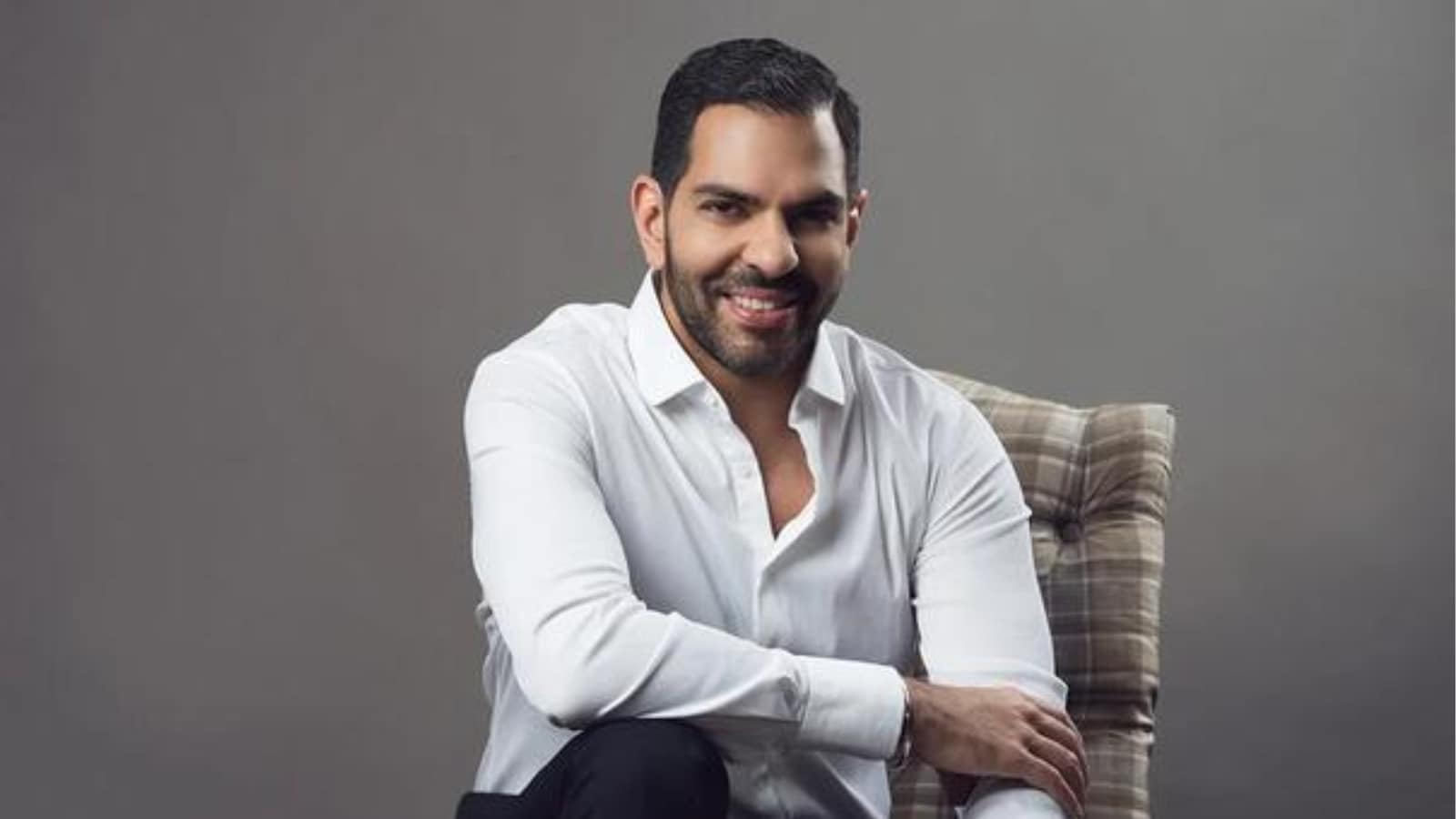Overseas-trained dentists are working in McDonald’s and other takeaways in the UK even though millions of patients are finding it impossible to get NHS dental care.
The disclosure comes in a new report being sent to MPs on Wednesday, which urges ministers to slash bureaucracy stopping dentists from abroad plugging the huge gaps in NHS dental care.
The main obstacle they face is securing a place to take the exams needed to work in the UK, a process so difficult some liken it to obtaining a ticket to see Taylor Swift.
As a result fully qualified dentists from countries such as India, Egypt and Albania are spending months or even years at a time working in fast food cafes, according to the Association of Dental Groups (ADG).
The ADG, which represents major dental providers, demanded an urgent overhaul of the two-part overseas registration examination (ORE) to avoid “an unacceptable waste” of foreign dentists’ skills. Dentists who qualified overseas need to pass both parts of the ORE in order to gain entry to the General Dental Council’s register, which then allows them to work in the UK.
“It is a shameful waste to have them flipping burgers in our fast food restaurants when they could be caring for patients,” said Neil Carmichael, the ADG’s executive chair.
“The fact that at the ADG we have been talking to dentists who are having to take unskilled jobs in fast food restaurants for months or even years after arriving in the UK is an unacceptable waste of their skills – and a disservice to the patients who need to see a dentist.
“We can’t tolerate more stories about desperate patients resorting to pulling their own teeth out whilst we have qualified dentists here, fully trained and ready to help – yet not able to use their skills.”
There are 6,000 overseas-qualified dentists waiting to take the exams, GDC figures show. But only 600 people can sit the exam, which the GDC usually organises twice a year, though the body has put on extra sittings in recent months to try to tackle the backlog.
At the same time the NHS in England had 2,749 vacancies for dentists in 2023-24 and 4.5 million people in England alone currently cannot access NHS dental care. About one in four of all dentists in the UK qualified abroad, GDC data shows.
Ahmed, an overseas-trained dentist from Egypt, works both in McDonald’s and part-time as a dental nurse. “Despite holding a postgraduate masters degree in dental implantology and being a fully qualified Egyptian dentist, I am currently working at McDonald’s,” he said.
“I am frustrated at the ORE system and have been trying since 2022 to complete the GDC registration to practice here in the UK.”
Shoaib Saiyed, who is also struggling to get a place to do the ORE, said: “I am a fully trained dentist from India with 10 years experience but right now my title is ‘sandwich artist’. I have been making sandwiches at a Subway fast food outlet in Birmingham for over nine months.”
Sayed Bilal Bukhara, another dentist from India, works in a care home and also as a dental hygienist. He added: “Once the ORE places open up on the system they are gone in just two minutes. A couple of my friends in the situation have given up and moved to Dubai.”
Mark Dayan, an expert in dental care at the Nuffield Trust thinktank, said: “Barriers to overseas recruitment aren’t the only reason patients can’t get an appointment. Our creaking NHS system does a bad job of attracting the dentists who are already working here, with many preferring to practice privately.
“But delays in the registration process for foreign recruits are something of an unforced error, stopping us from the kind of sharp expansion we have recently seen in so many other professions.”
The Department of Health and Social Care said: “This government inherited a broken NHS dental system but we are getting on with fixing it through a strengthened workforce and the upcoming 10-year health plan.
“We’ve already begun the rollout of 700,000 extra urgent dental appointments, a ‘golden hello’ scheme is under way to recruit dentists to areas with the most need and we are reforming the NHS dental contract, with a shift to focus on prevention and the retention of NHS dentists.”

 1 month ago
1 month ago













